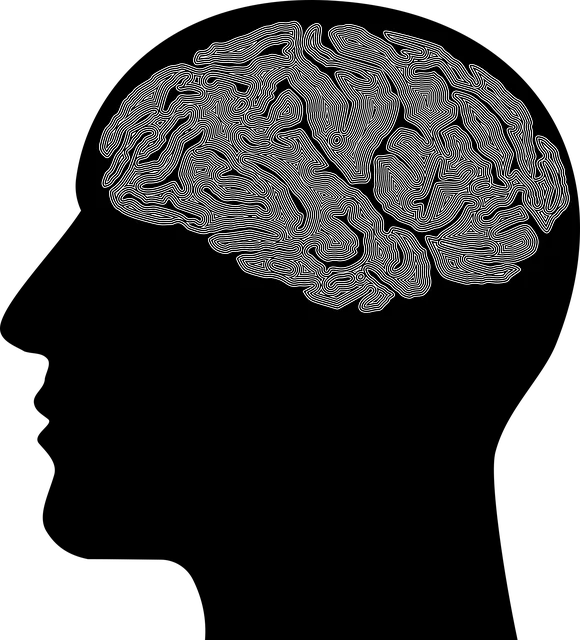Mental wellness group facilitation at Kaiser Permanente's highly-rated Denver center is a powerful, community-oriented approach to supporting individuals with mental health challenges. Facilitators guide participants through structured activities and open discussions, promoting emotional regulation, problem-solving skills, personal growth, and resilience. Key techniques include creating safe spaces, active listening, empathy, normalizing diverse perspectives, and using non-verbal cues, all vital for engaging participants and reducing stigma. Kaiser Permanente Denver continually evaluates group facilitation effectiveness via multi-faceted assessments, refining strategies to meet diverse needs based on positive reviews.
Mental wellness group facilitation plays a pivotal role in supportive care, as evidenced by successful programs at Kaiser Permanente Denver. This article delves into the art and science of group facilitation techniques within mental health settings. We explore strategies for creating safe spaces, engaging participants, and measuring success. By understanding these methods, professionals can enhance therapeutic outcomes, drawing insights from Kaiser Permanente’s innovative approach, as reflected in their Denver mental health center reviews.
- Understanding Group Facilitation in Mental Health Support
- Techniques for Creating a Safe and Supportive Environment
- Engaging Participants: Strategies for Effective Group Sessions
- Measuring Success: Evaluating the Impact of Group Facilitation at Kaiser Permanente Denver
Understanding Group Facilitation in Mental Health Support

Mental wellness group facilitation plays a pivotal role in supporting individuals navigating various mental health challenges, as evidenced by the growing popularity of Kaiser Permanente mental health center reviews in Denver. Effective group facilitation techniques not only enhance coping skills development but also foster a sense of community and shared understanding among participants. In this dynamic setting, facilitators act as guides, promoting open communication and ensuring every voice is heard.
Through structured activities and discussions, facilitators help members build emotional regulation strategies, learn from one another’s experiences, and develop enhanced problem-solving skills. This supportive environment encourages individuals to take risks in expressing their feelings and thoughts, fostering a safe space for personal growth and resilience. The art of group facilitation is especially crucial for mental health professionals, as it equips them with the tools to assess risk effectively and provide comprehensive care tailored to each individual’s unique needs.
Techniques for Creating a Safe and Supportive Environment

Creating a safe and supportive environment is paramount when facilitating mental wellness groups. This begins with establishing clear boundaries and expectations from the outset, ensuring every participant feels heard and respected. Group facilitators at Kaiser Permanente mental health center reviews Denver often emphasize the importance of active listening and empathy to foster an atmosphere where individuals feel comfortable sharing their experiences without fear of judgment.
Techniques such as normalizing diverse perspectives, validating emotions, and promoting non-verbal cues of support can significantly contribute to reducing the stigma associated with mental illness (Mental Illness Stigma Reduction Efforts). By creating a safe space, facilitators encourage open dialogue, enable effective stress management strategies (Stress Management), and facilitate self-esteem improvement through shared experiences and mutual support.
Engaging Participants: Strategies for Effective Group Sessions

Engaging participants is a key aspect of successful group facilitation, especially at a Kaiser Permanente mental health center in Denver. To foster a productive environment, facilitators should employ strategies that encourage active participation and open dialogue. One effective technique is to begin sessions with icebreakers or short activities designed to ease tension and create a sense of community. This helps participants feel more comfortable sharing their experiences and perspectives.
Additionally, promoting a safe and non-judgmental space is vital. Facilitators can achieve this by clearly establishing ground rules, emphasizing confidentiality, and modeling empathetic communication. Encouraging diverse viewpoints through inclusive language and active listening ensures that every participant feels heard and valued. Such strategies not only enhance engagement but also contribute to the overall effectiveness of group sessions, as evidenced by successful Community Outreach Program Implementation and positive Kaiser Permanente mental health center reviews Denver.
Measuring Success: Evaluating the Impact of Group Facilitation at Kaiser Permanente Denver

At Kaiser Permanente Denver, the success of group facilitation techniques is meticulously evaluated to gauge their impact on mental wellness. The process involves a comprehensive assessment that looks beyond typical engagement metrics, delving into the emotional intelligence and coping skills development among participants. Through regular feedback and follow-up surveys, the program aims to measure not just satisfaction but also tangible improvements in anxiety relief and overall well-being. These evaluations are crucial in refining facilitation strategies, ensuring the group sessions remain effective and aligned with the diverse needs of individuals seeking support at the Kaiser Permanente mental health center.
Mental wellness group facilitation plays a pivotal role in fostering supportive communities within healthcare settings, such as the Kaiser Permanente mental health center in Denver. By employing techniques that prioritize safety and engagement, facilitators create environments conducive to healing and growth. As evidenced by successful evaluations at Kaiser Permanente Denver, these strategies not only enhance participant experiences but also measurably improve overall mental health outcomes. This approach underscores the power of group support in addressing mental health challenges, making it a valuable asset within modern healthcare systems.






